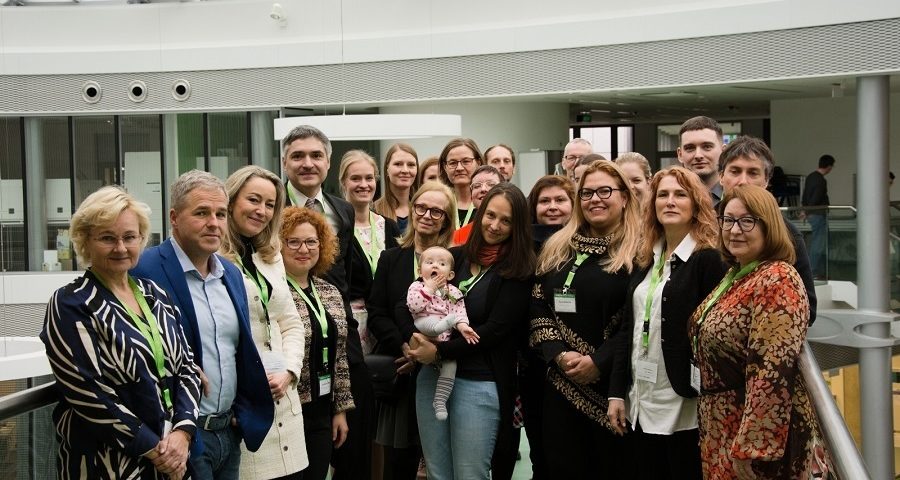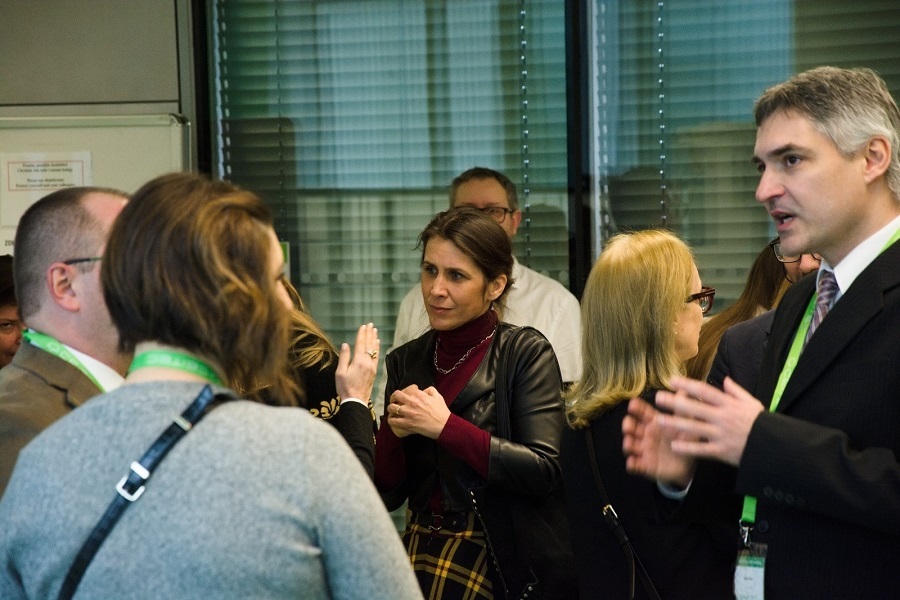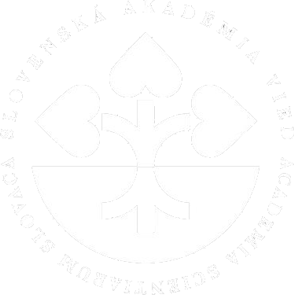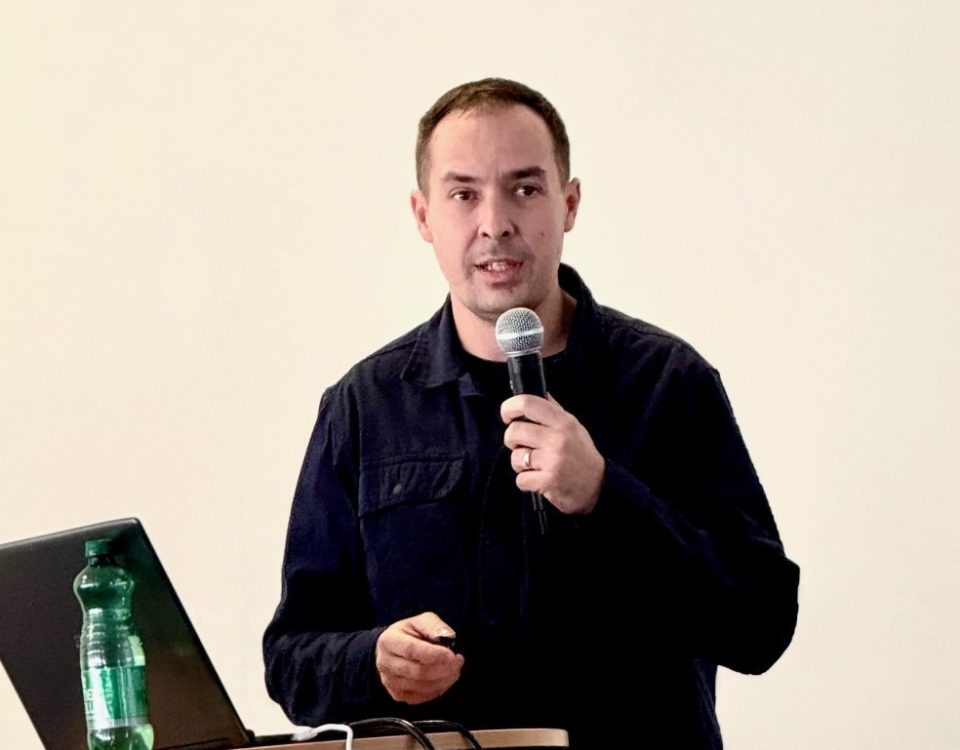This website uses cookies so that we can provide you with the best user experience possible. Cookie information is stored in your browser and performs functions such as recognising you when you return to our website and helping our team to understand which sections of the website you find most interesting and useful.
The new ADDIT-CE project will revolutionize Alzheimer’s disease diagnostic

Alzheimer’s disease (AD) affects millions of individuals worldwide, and currently, there are no effective disease-modifying therapies. Prompt AD diagnosis is beneficial with respect to care and delay of disease progression. However, the implementation of modern AD diagnostics in clinical practice in Czechia and Slovakia is fragmented. To address this problem, the project coordinator Jozef Hritz and his colleagues designed the ADDIT-CE project that will support the cooperation between science and industry in these two countries to design modern diagnostic tools. Excellence hubs are a new funding scheme and part of the European excellence initiative. Excellence hubs focus on innovation by allowing innovation ecosystems in widening countries and beyond to team up, and create better linkages between academia, business, government and society.
Stefan Weiers, who serves as a Head of Sector at the European Commission congratulated the Czechoslovak project team for a very solid preparation of the project, which was selected under the very competent Excellence Hubs scheme, linking six different European research policies. Out of only ten projects selected for funding within this call, two projects are coordinated by Masaryk University. He pointed out that the pandemic has further worsened the innovation gap between the West and the East and that this important issue will be addressed by the ACCIT-CE project and Excellence Hubs programme. The involvement of four main actors – academia, business, regional government and civil society – are according to Stefan Weiers the proven recipe for enhancing innovation. The project coordinator Jozef Hritz praised the European Commission for designing the Excellence Hub programme because such a funding scheme has since long been desperately needed by the scientific community.
ADDIT-CE stands for Alzheimer’s Disease Diagnostics Innovation and Translation to Clinical Practice in Central Europe and received nearly 5 million EUR support from the EU over four years. This unique project is connecting research teams from CEITEC MU, Faculty of Science MU, Medical Faculty MU, FNUSA, the Biomedical Research Center of the SAS and Institute of Neuroimmunology SAS and biotechnology companies BioVendor, Multiplex DX a Geneton. This partnership is expected to strengthen research and innovation in the field of AD diagnostics and introduce novel technologies into AD clinical management. Moreover, the ADDIT-CE project will help to design a national plan for combatting dementia in the region.

“Dementia represents an unmet medical need, more than 55 million people suffer from this fatal disorder. Currently, there is no effective disease-modifying therapy, and early diagnosis could significantly reduce total costs,” explains Slovak scientist and project coordinator Jozef Hritz. Currently, there is no conceptual plan which would implement the modern diagnostic approaches into the clinical practice in the Czech and Slovak republics. The interaction between universities and private sectors leading to the development of molecular diagnostic tools is fragmented and not properly organised. A limited number of talented students are interested in applied neuroscience research focusing on dementia. Now ADDIT-CE project offers a new solution.
The main aim of the project is to create two interlinked ecosystems, in Brno and Bratislava region, which will bring together the whole innovation-driving actors. Excellent scientific teams from CEITEC, Masaryk University and the Slovak Academy of Sciences will collaborate with private biotechnology companies. The societal actors will be represented by organisations such as Slovak Alzheimer´s Society, Czech Alzheimer´s society, Centrum Memory and Czech Brain Aging Study. The regional government will be involved through the Ministry of Health of the Slovak Republic, and the South Moravian Innovation Centre.
“This unique project brings not only innovations in the diagnosis of one of the major civilization diseases, but also a much-needed connection of various actors who must work together in the development of health care,” said Jiri Nantl, director of CEITEC MU and deputy governor of the South Moravian region.
The interconnected ecosystems will unite the research and innovation activities focusing on new diagnostic methods and their applications and further interlink academia and business spheres by creating a pilot programme of industrial PhD positions for talented students. The project will generate a joint cross-border strategy covering basic and applied research activities in the field of Alzheimer’s disease diagnostics, transfer new cutting-edge technologies into clinical practice, and accelerate the development of new diagnostic tools for AD diagnostics. The project will join forces of all actors of the involved ecosystems to revolutionise the diagnostic approaches in both countries.
“I am convinced that together we will be able to create not only new diagnostic tools but also establish a functional innovation ecosystem that will continue to serve society even after the project’s completion. By investing in modern doctoral education that enables PhD students to participate in practical and industry-relevant internships in biotech companies, we will raise a new generation of innovative and entrepreneurial-minded scientists,” concludes Jozef Hritz.
Text and photo (source): ceitec.cz







